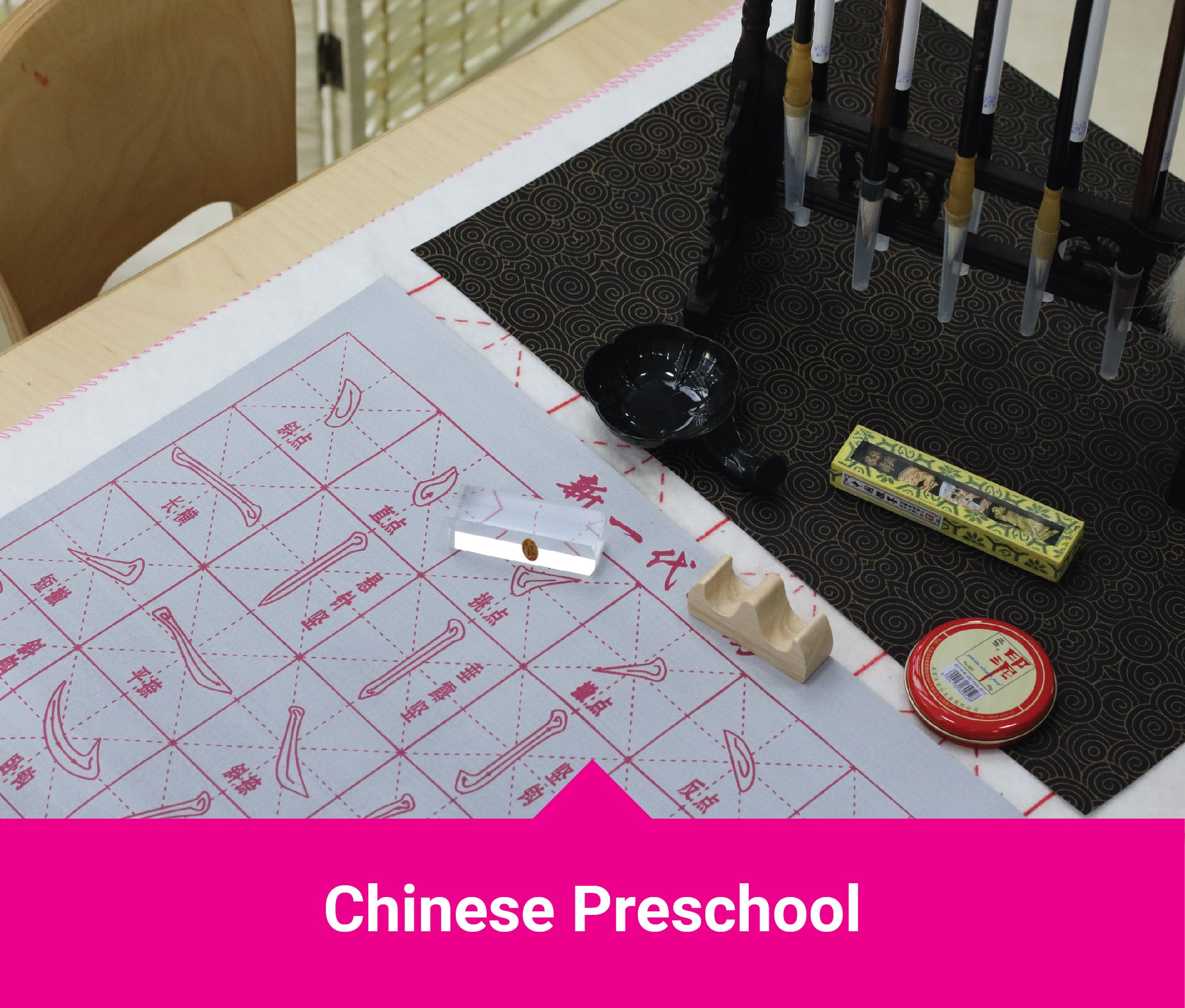
Many individuals nowadays desire for their child to learn Chinese and want them to love the Chinese culture as they perceive China to be an influential player on the international scene. But, learning Chinese can be difficult, especially since many families now predominantly speak English at home. So how can we stimulate the interest of children and motivate them to master their mother tongue, or even as a third language?
The Importance of Chinese
Fun Ways To Motivate Your Child To Learn Chinese!
1. Naming Objects
As boring as this may sound, kids actually do find it entertaining, challenging, and fun when they get to name various items successfully. This of course, has to be accompanied by their parents’ or caregiver’s compliments! Children love getting applause and getting praised for their effort compels them to further improve the mastery of the language.
Try pointing at various objects and getting your little ones to name them; from what they are wearing to the different things they see around them! Otherwise, picture cards work well too!
2. Sing Songs and Recite Poems
Young children are particularly fond of music and would hum and dance to energetic tunes! Songs and Catchy Rhymes are when children first encounter Chinese words and their meanings. Singing or even exposure to Chinese Songs will help them gain interest in the language and the repetitive words would then also encourage them to sing along!
If you’re wondering where you can get access to Chinese songs, Chinese children’s channels on Youtube is a good way to start!
3. Read Chinese Books
Research shows that children who grow up in homes who encourage reading achieve greater literacy and numeracy in adulthood.
Especially among English-speaking households, allowing your child to read and familiarise themselves with the Chinese characters (even if you don’t know them yourselves) is a good way for kids to gain an interest in the language. When we lack the words or vocabulary, books can be our mouthpieces, guiding our child! Nowadays, there are a plethora of Chinese books with English translation alongside Hanyu Pinyin to help you pronounce Chinese words!
4. Commemorate Chinese Festivals
Although we don’t get a holiday during Chinese celebrations and festivals, we can still continue to commemorate it and share stories with our little ones. These stories help spark interest in the Chinese culture and language!
For instance, the recent Rice Dumpling festival (端午节) is a great way for children to gain greater appreciation for the Chinese culture. Through hands-on experience; children at our Tanjong Pagar preschool are observing, touching, smelling rice dumplings, and creating their own artwork, they learnt about the rice dumpling festival!
5. Watch Chinese Cartoons
Children absolutely love watching cartoons. Parents can utilise screen time wisely by injecting a dose of Chinese. Dedicate a day or two in a week for your little ones to watch Chinese cartoons and learn Chinese at the same time! Especially for non-Chinese speaking households, these Chinese cartoons can expose your little ones to a myriad of Chinese vocabulary.
Parents who grew up watching Sesame Street will be pleased to know that there is a Mandarin version on the Sesame Street Channel on Youtube!
6. Practise Chinese in real-life situations
Have you ever got your little one to run an errand such as purchasing the candy they’ve picked out in the supermarket or get them to make a request from a shop keeper? Perhaps this time, challenge them by getting them to converse in Chinese!
Otherwise, it would be good to have a parent or grandparent who can communicate with a child in Chinese to increase exposure to the language and have more opportunities for them to practise speaking and understanding.
Bilingual and Chinese Preschools allow for that exposure as students have lots of opportunities to converse with native-chinese teachers. In Chinese preschools, children will be immersed in a Chinese-rich learning environment and that really helps little ones who come from primarily English-speaking households to learn Chinese.
About Mulberry Learning
Looking to improve your child’s mastery and love for the Chinese language? Be it a Bilingual or Chinese Preschool, find out how Mulberry Learning’s award-winning curriculum can help prepare your child for his or her Primary years and beyond!
Exclusive Promotion
Explore our beautifully crafted Reggio-inspired learning spaces from the comfort of your own home with our Virtual School Tours. Register Your Interest and we will connect you with our participating Mulberry Learning Preschools.











